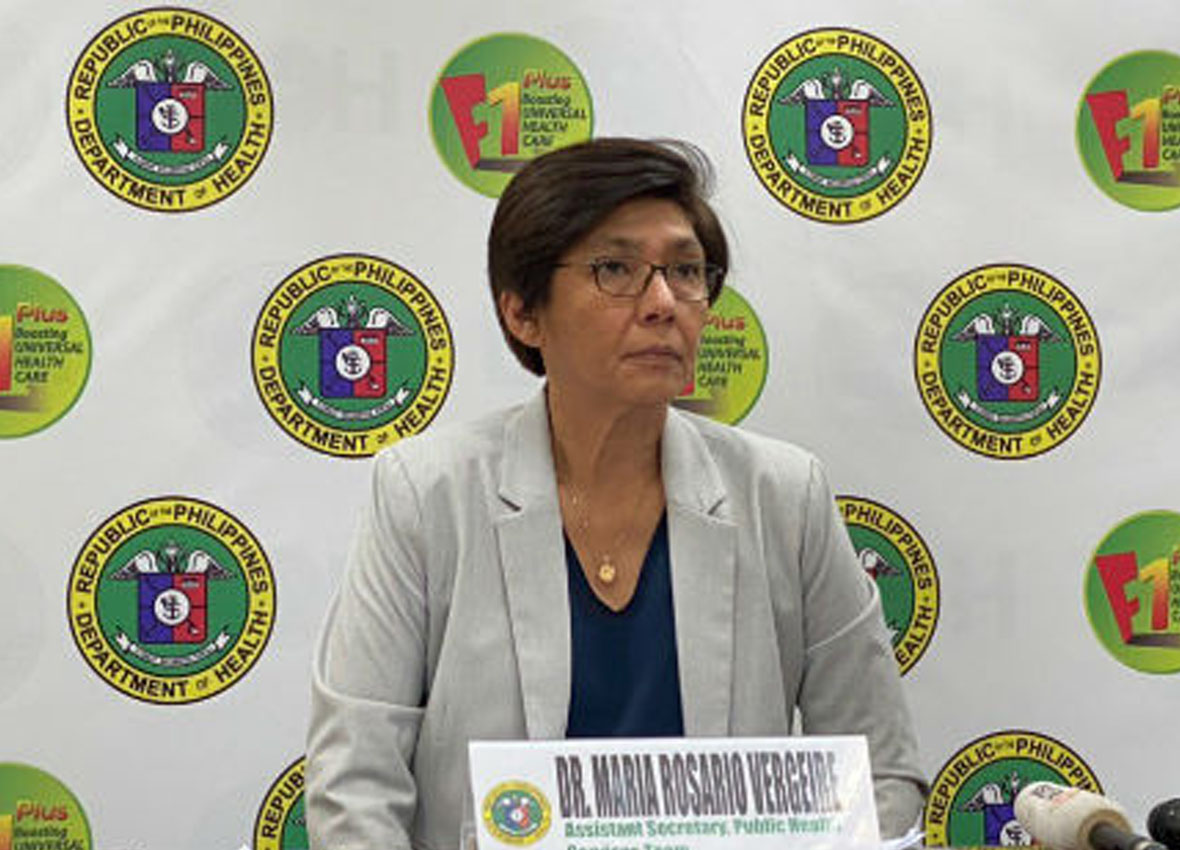News
PH to resume hydroxychloroquine trial

“They have now decided that it is ok and we will again include hydroxychloroquine, ili-lift na yung pag-stop at itutuloy na natin ang gamutan dito sa hydroxychloroquine (they will lift the suspension and we will now continue the use of treatment),” Vergeire said in a media forum Thursday. (PIA file photo)
MANILA – The Department of Health (DOH) will resume hydroxychloroquine trials following a new directive from the World Health Organization (WHO) on its use as treatment to coronavirus disease 2019 (Covid-19) patients.
The anti-malaria drug’s clinical trial was temporarily halted in May after the Lancet medical journal raised concern on its effects.
“They have now decided that it is ok and we will again include hydroxychloroquine, ili-lift na yung pag-stop at itutuloy na natin ang gamutan dito sa hydroxychloroquine (they will lift the suspension and we will now continue the use of treatment),” Vergeire said in a media forum Thursday.
Meanwhile, she defended WHO’s decision, noting the evolving nature of SARS-Cov-2 or the virus causing the Covid-19.
“Maaring maraming taong magsasabi na inconsistent, maraming mga tao ang magsasabi pabago-bago pero kami we stand by the position na ito ‘yong evolving nature of the disease and decisions may really be changed quite fast because of these new (pieces of evidence) that we get every day (People might say it’s inconsistent or shifting but we stand by the position that this is the evolving nature of the disease and that decisions may really be changed quite fast because of these new pieces of evidence that we get every day),” she said.
The official assured that the government regularly keeps track of all new medical information about the disease.
“Tayo ay makikinig, tayo ay susunod, tayo ay magtutuloy ulit nitong hydroxychloroquine (We will listen and we will follow. We will continue this hydroxychloroquine),” she said.
Hydroxychloroquine is included in the list of drugs used for the WHO Solidarity Trial. In the Philippines, Vergeire said over 20 hospitals have participated in the trial, with a total of 220 patients enrolled.
She said the inclusion remains anchored on qualification criteria such as age and absence of pre-existing medical condition.
“In this solidarity trial, since we’re using off-label drugs, there may be effects or adverse reaction on a patient that’s why we discuss it carefully with them and their relatives to get informed consent,” she said in Filipino.





















